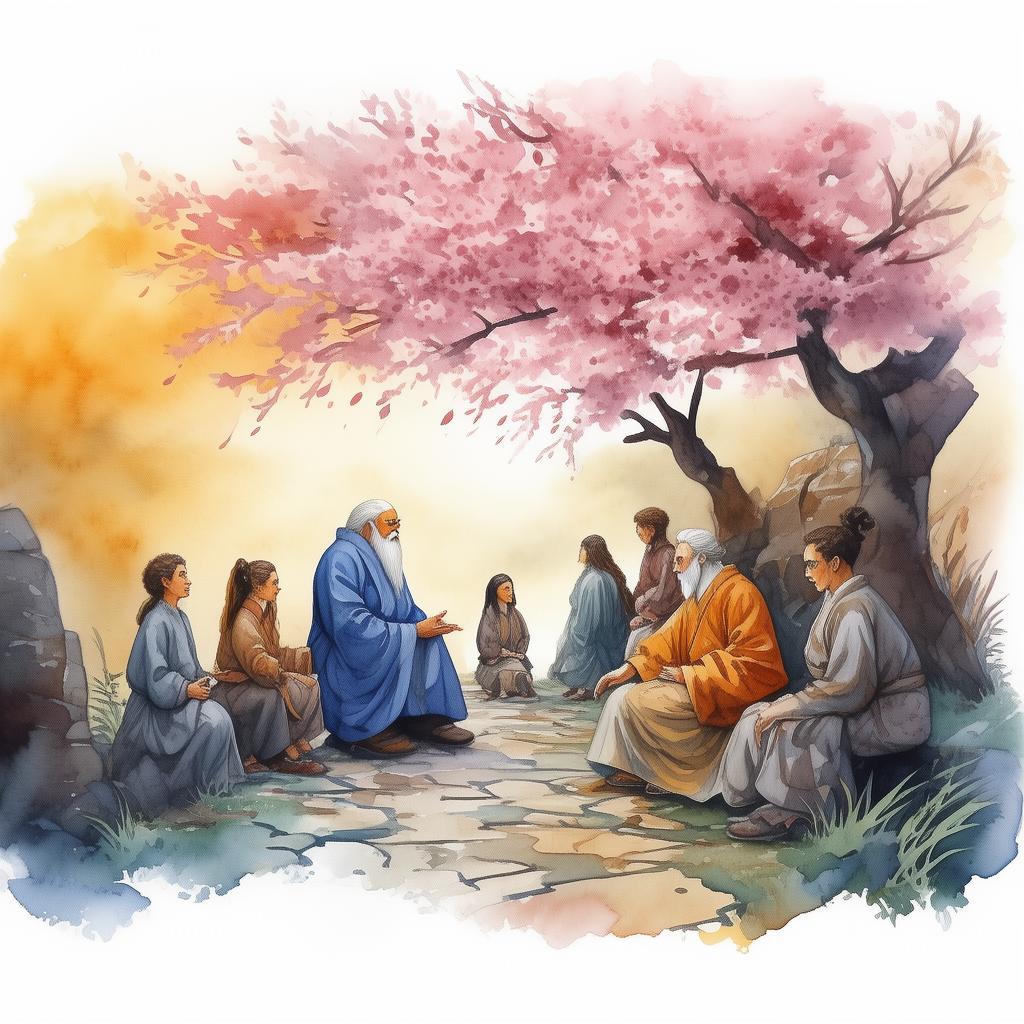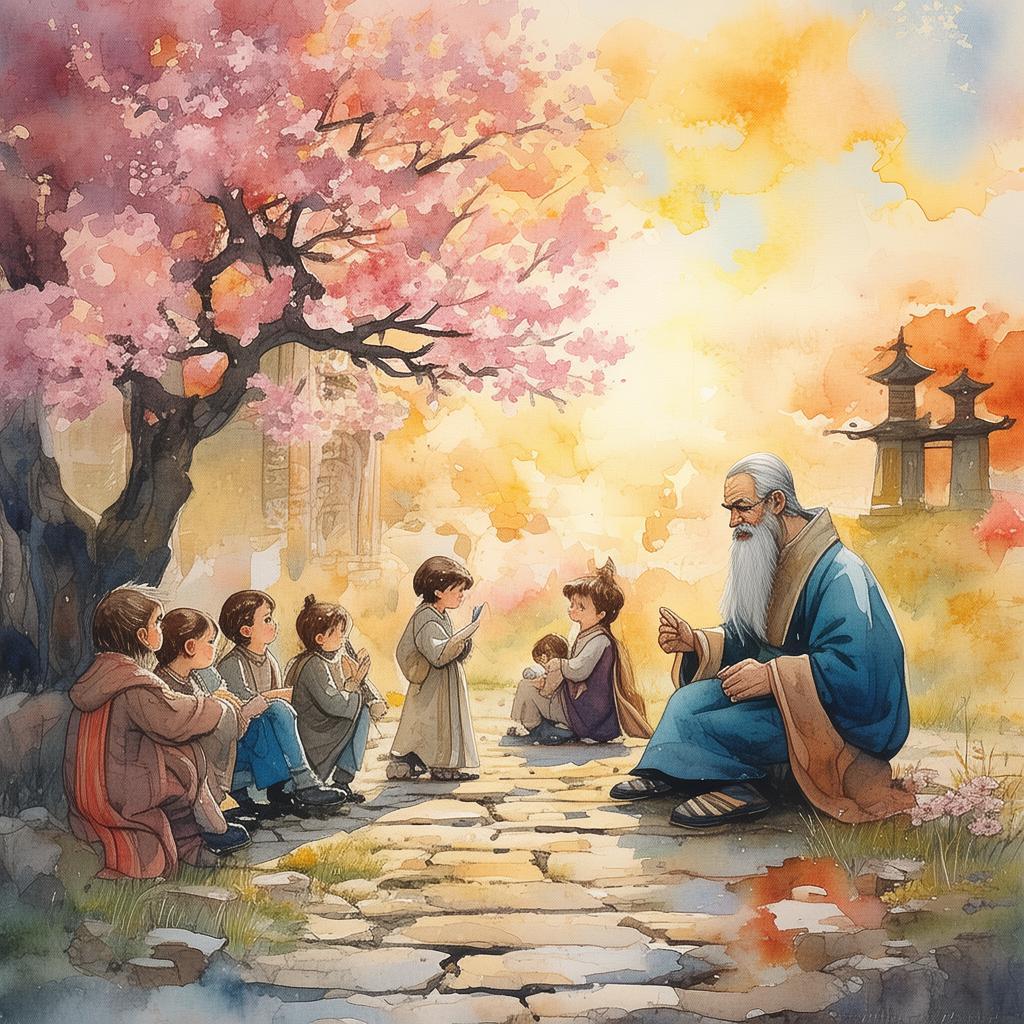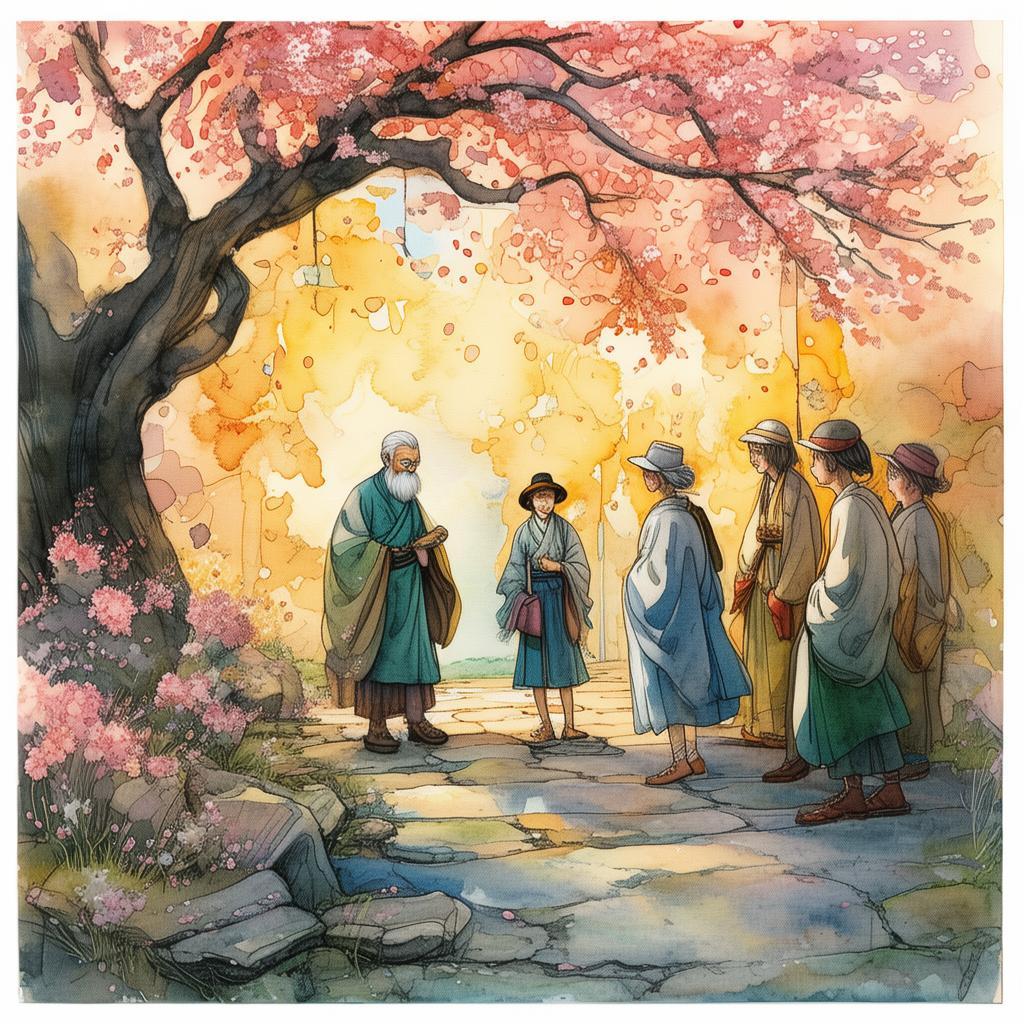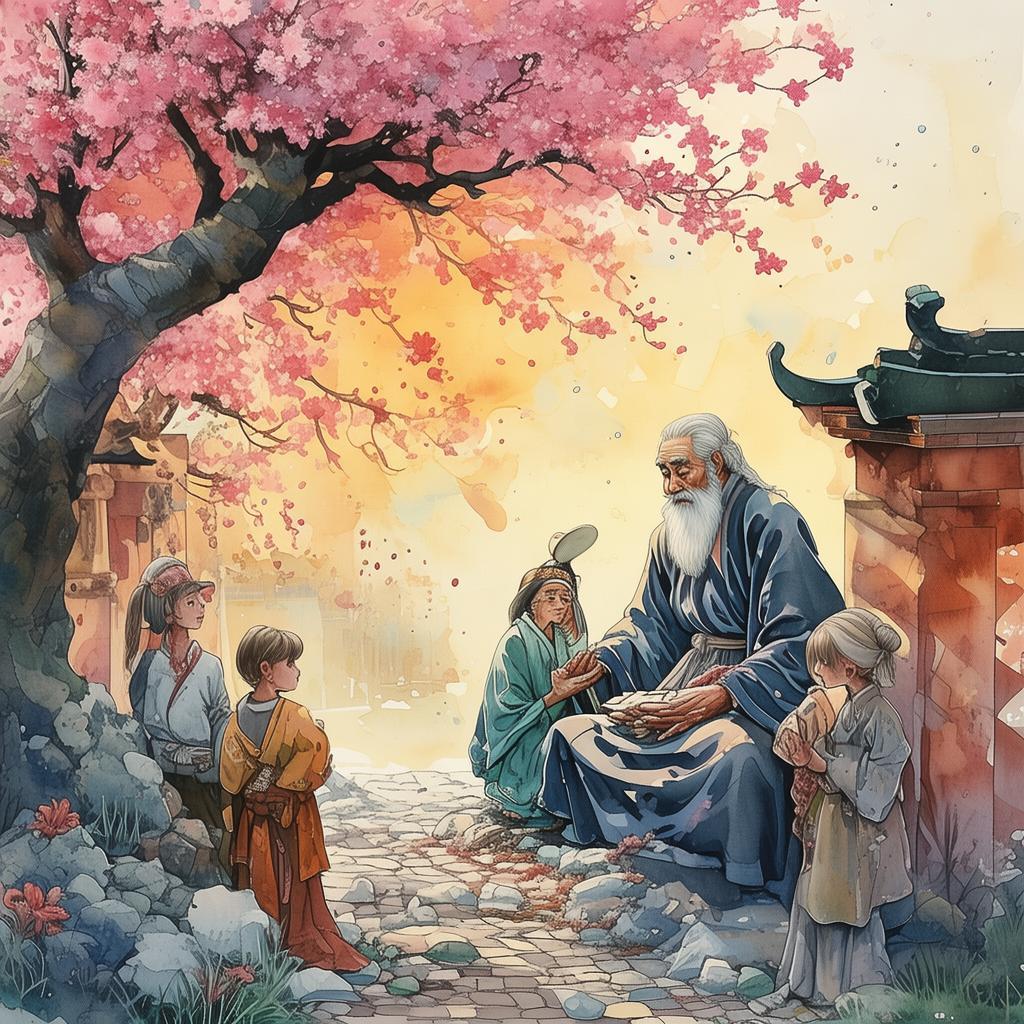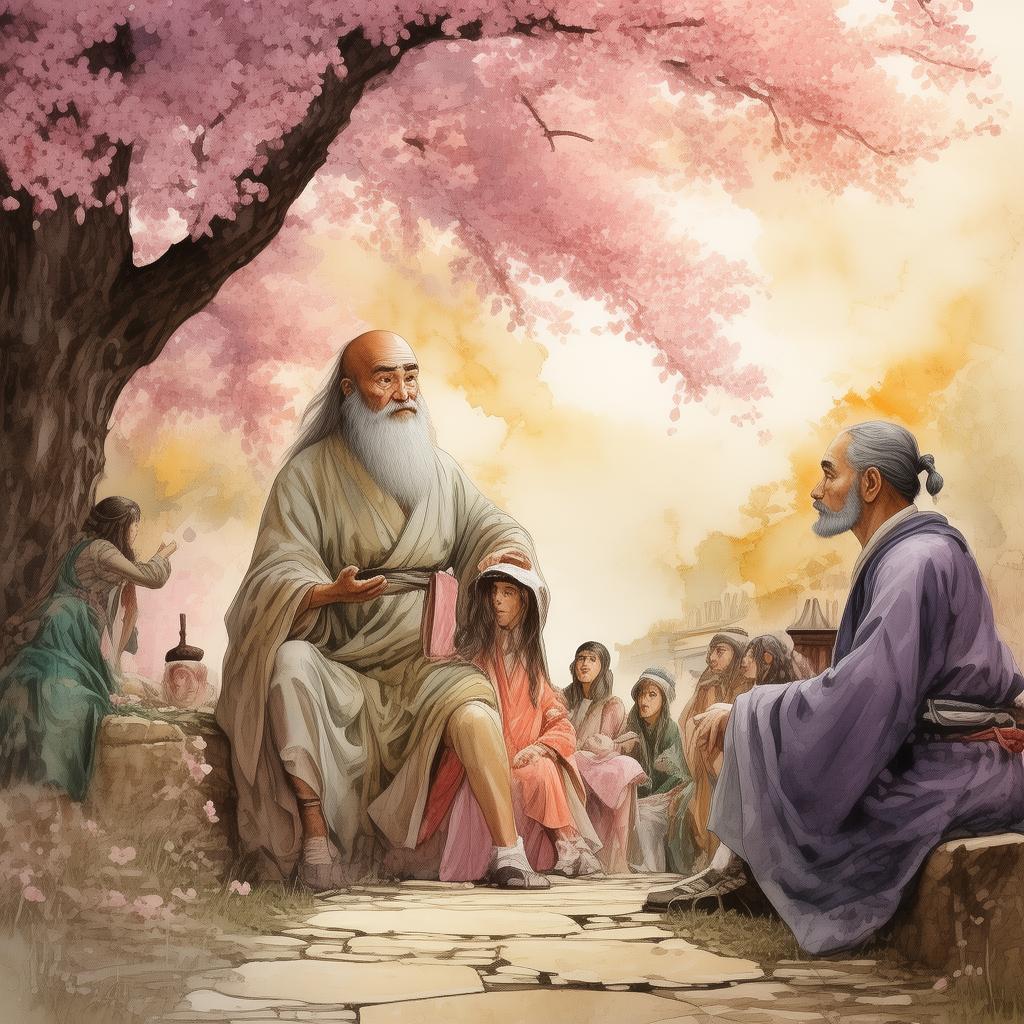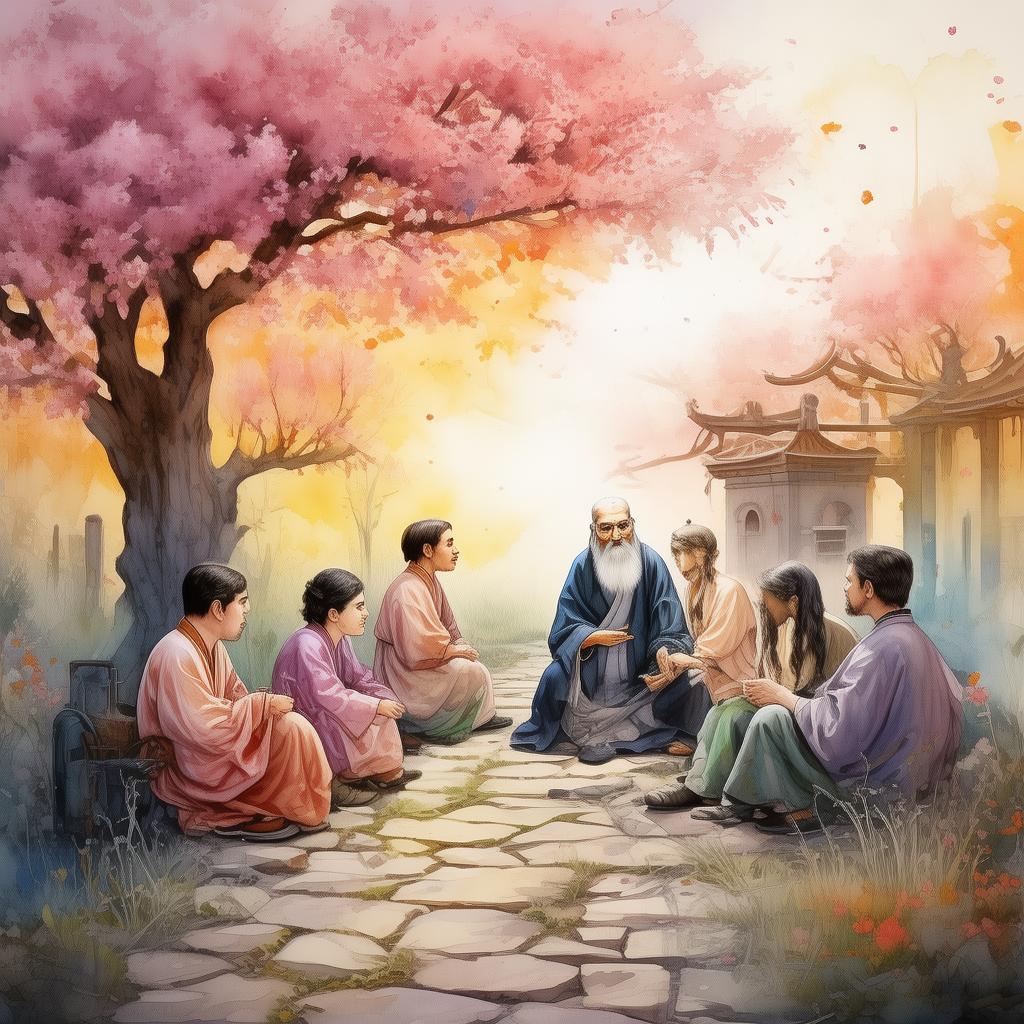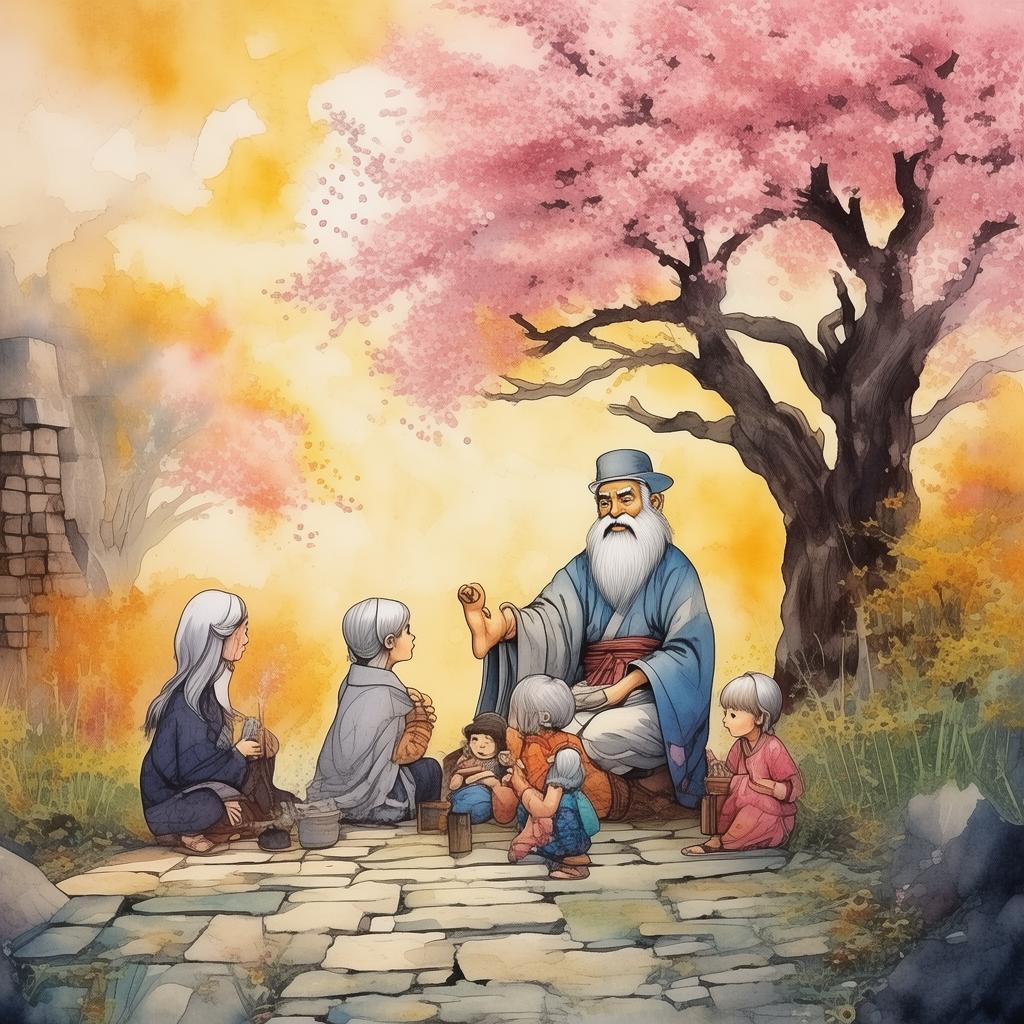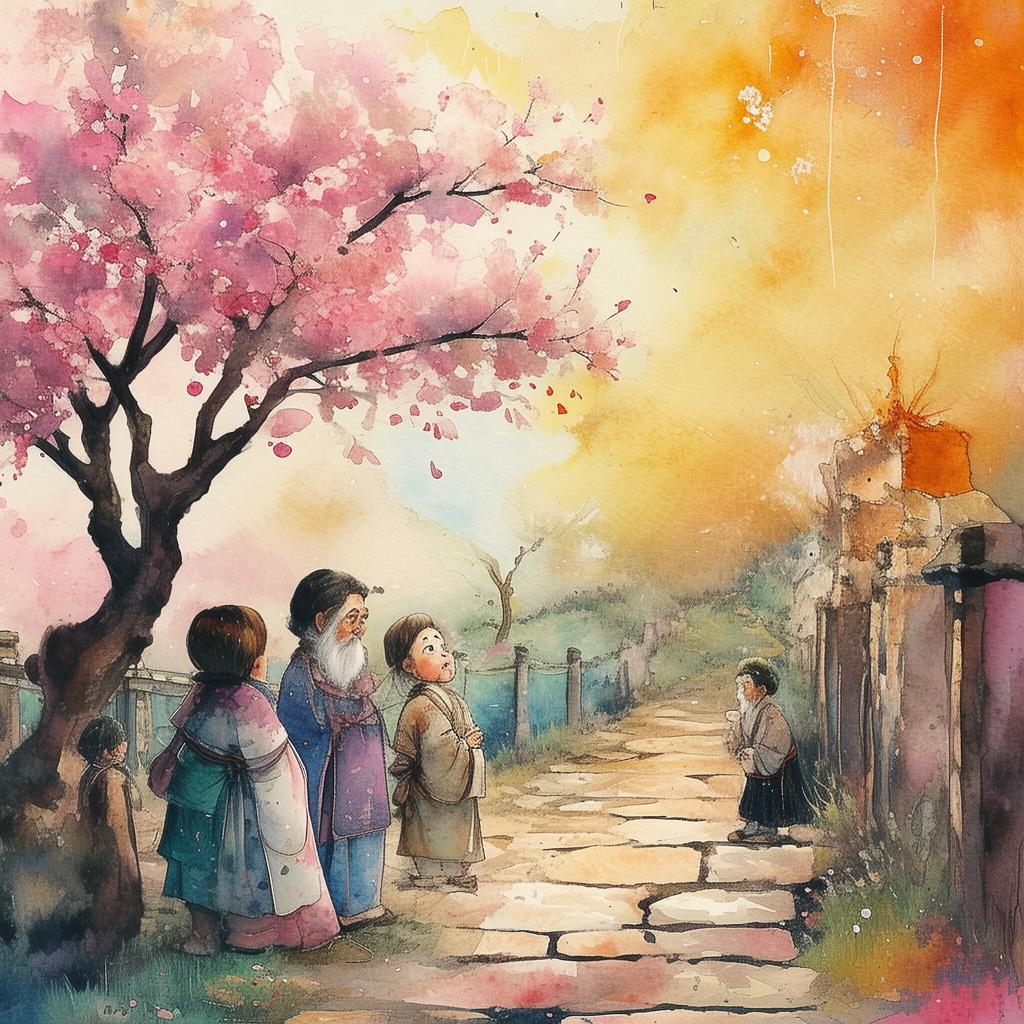The Iron Will's Defiant Stand for National Resilience
In the year 1899, the Boxer Rebellion raged across China, a time when the Qing Dynasty, weakened by internal corruption and external pressures, faced the wrath of a people desperate for change. Amidst the chaos, a young man named Liang Qichao, a scholar with a fervent love for his country, stood firm in his resolve to challenge the oppressive forces.
Liang Qichao was not a man of war, but his intellect and determination were his weapons. He had studied the West, absorbing its philosophies and scientific advancements, and he believed that China could rise again if it embraced progress and unity. His defiance was not in the face of the Boxers, but against the complacency and corruption that had taken root in the very fabric of Chinese society.
One evening, in the heart of Beijing, Liang Qichao gathered a group of like-minded scholars in a secret meeting. The air was thick with tension, as the scholars whispered their fears and hopes. "We must unite," Liang declared, his voice steady despite the gravity of the situation. "We must stand against the Boxers, but more importantly, we must stand against the complacency that has strangled our nation."
The scholars listened, their faces a mix of awe and resolve. Liang Qichao's words were like a spark in the dark, igniting a flame of hope within them. They knew that their cause was a perilous one, but they were willing to face the consequences for the sake of their country.
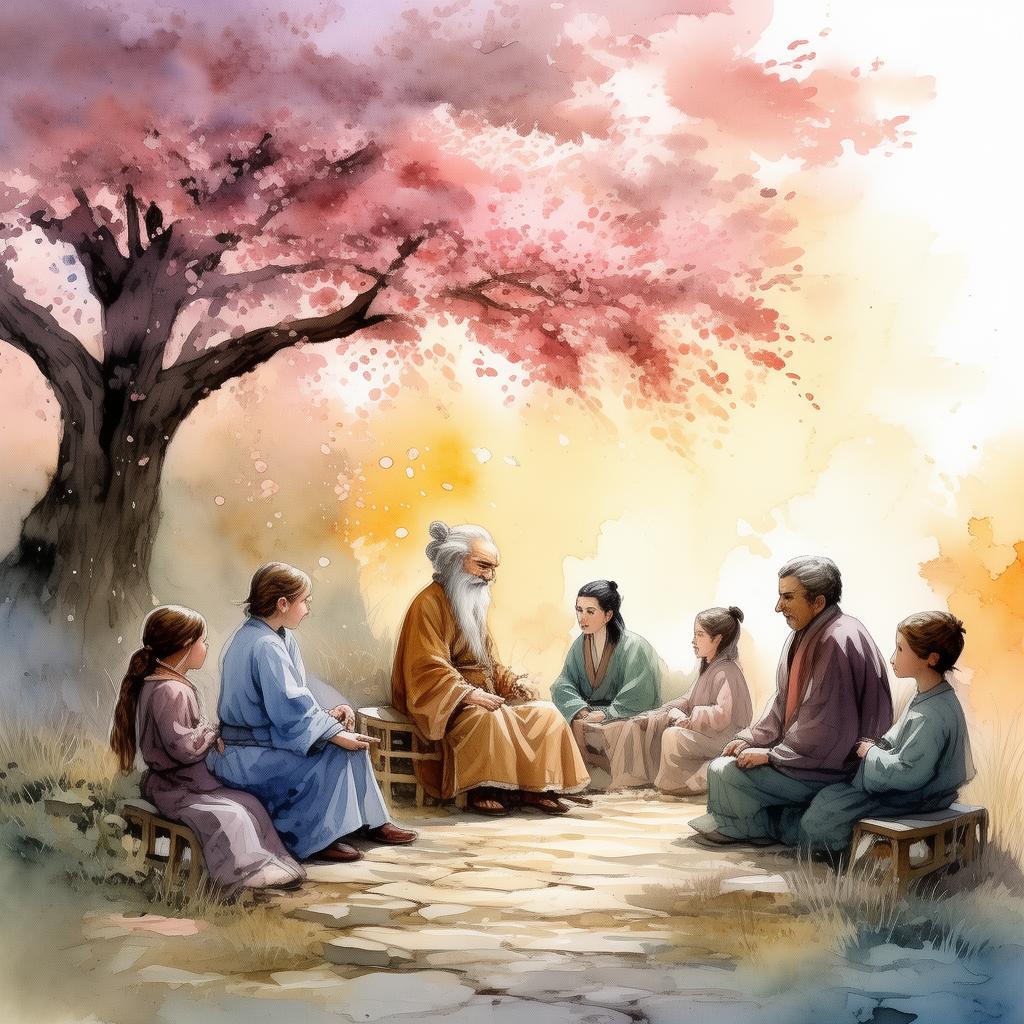
The next day, Liang Qichao and his group of scholars took to the streets, their banners waving with the slogan "The Iron Will's Defiant Stand for National Resilience." The crowd, initially hesitant, soon swelled as more and more people joined their cause. The streets were filled with a newfound spirit, a collective will to fight for the future of China.
The Boxers, however, were not to be deterred. They saw the scholars as traitors and sought to crush their uprising. A fierce battle ensued, with the Boxers wielding swords and spears against the scholars' pens and ideas. Despite the overwhelming odds, the scholars stood their ground, their resolve unbreakable.
Liang Qichao, in the thick of the battle, was struck by a Boxer's blade. Blood gushed from his wound, but his eyes never wavered. "This is for China!" he cried out, his voice echoing through the streets. The scholars around him, seeing their leader's bravery, fought with renewed vigor.
As the sun set, the Boxers retreated, leaving the scholars victorious. The battle had been a turning point, a testament to the power of the human spirit. The scholars had shown that with unity and determination, they could overcome even the most formidable of foes.
The Iron Will's Defiant Stand for National Resilience became a symbol of hope for the Chinese people. It was a reminder that even in the darkest of times, there was always a glimmer of light. Liang Qichao's courage inspired a generation, and his legacy lived on in the hearts of all who believed in the resilience of their nation.
Years later, as China emerged from the chaos of the Boxer Rebellion, Liang Qichao's words echoed through the halls of power. He had fought not just for his country, but for the future of all who called it home. His iron will had set the stage for a new era of progress and unity.
The Iron Will's Defiant Stand for National Resilience was more than a battle; it was a testament to the indomitable spirit of a people. It was a story that would be told for generations, a reminder that even in the face of adversity, the human spirit could triumph.
✨ Original Statement ✨
All articles published on this website (including but not limited to text, images, videos, and other content) are original or authorized for reposting and are protected by relevant laws. Without the explicit written permission of this website, no individual or organization may copy, modify, repost, or use the content for commercial purposes.
If you need to quote or cooperate, please contact this site for authorization. We reserve the right to pursue legal responsibility for any unauthorized use.
Hereby declared.
